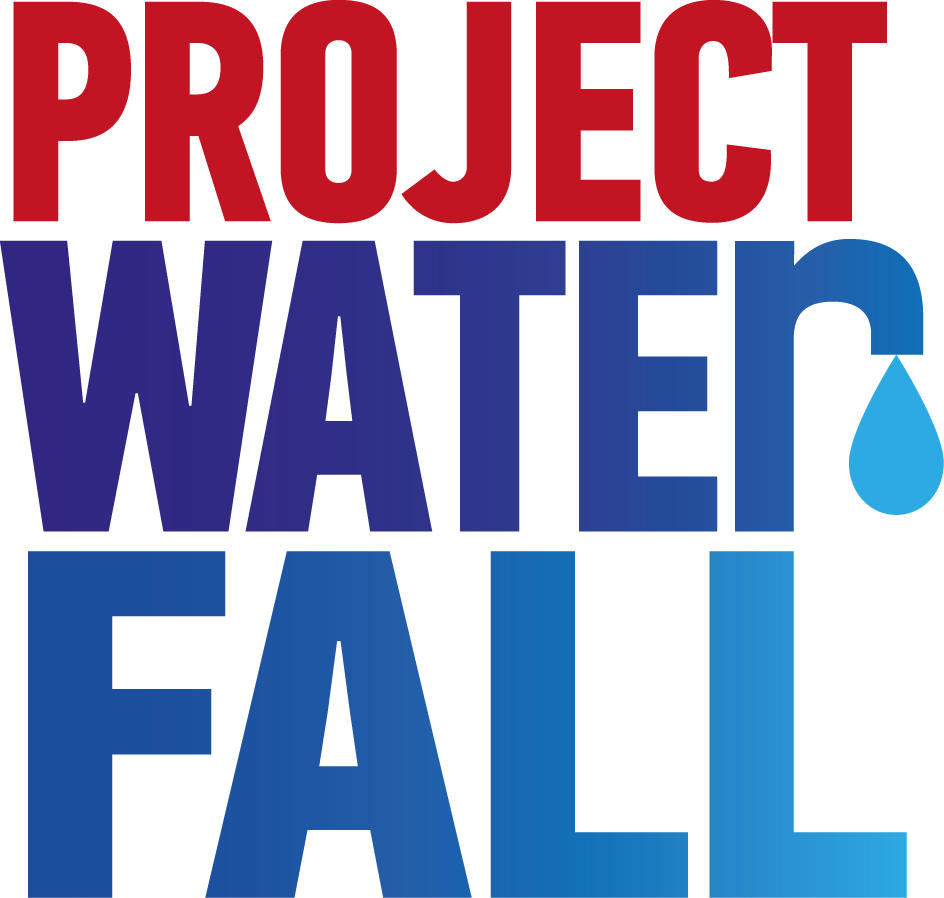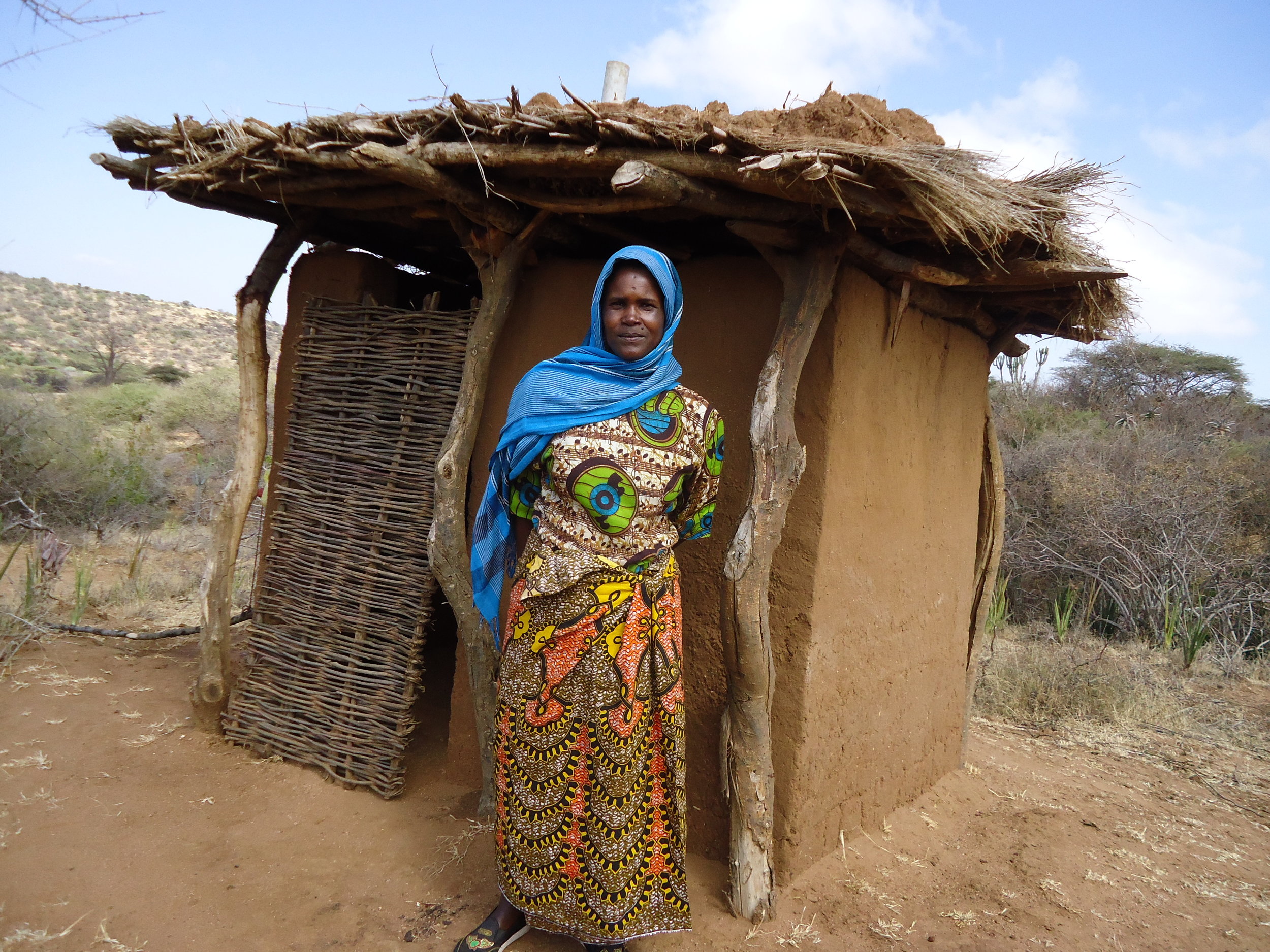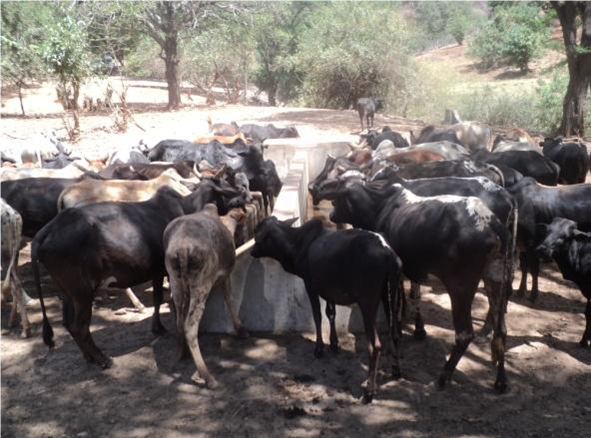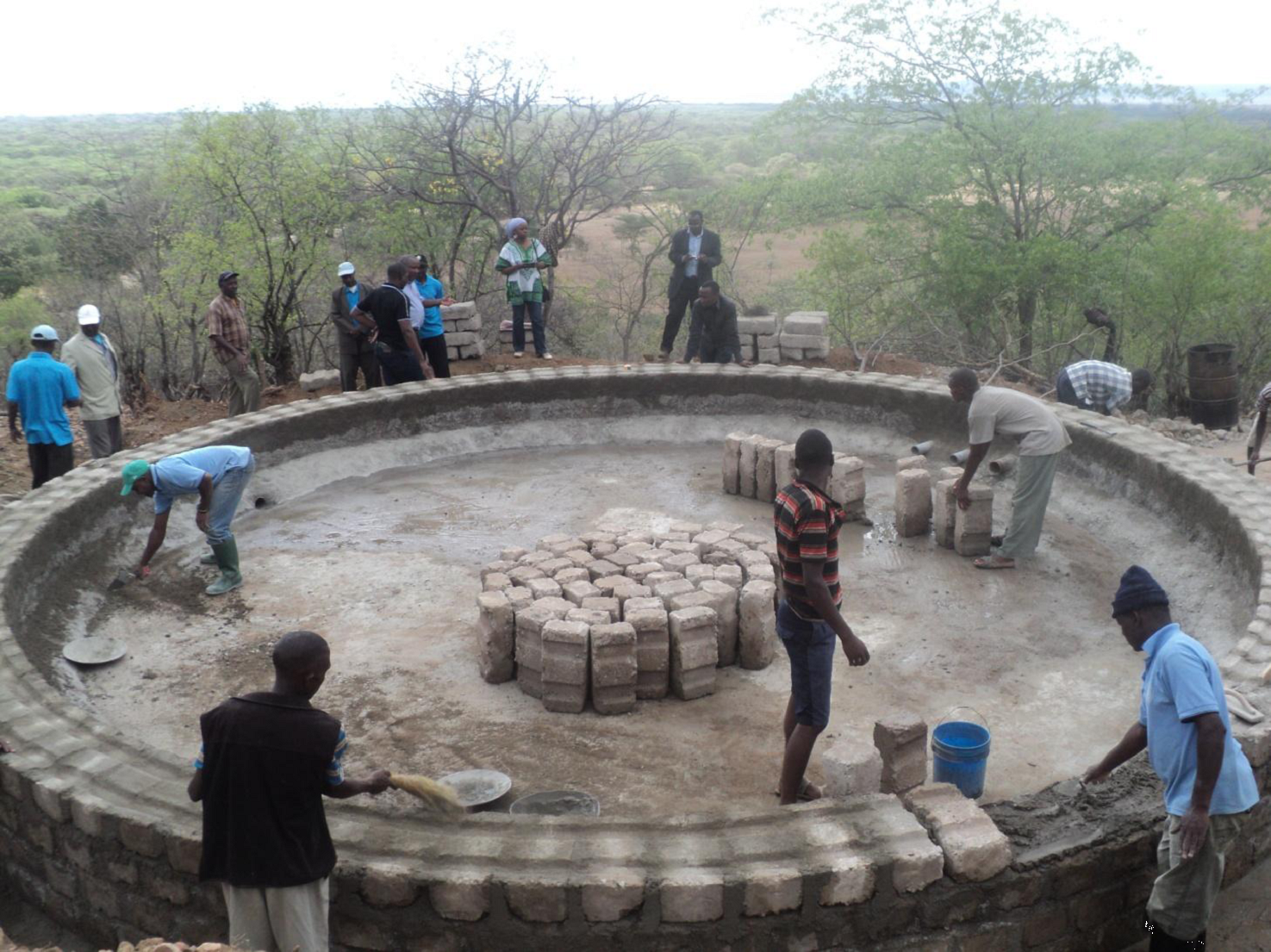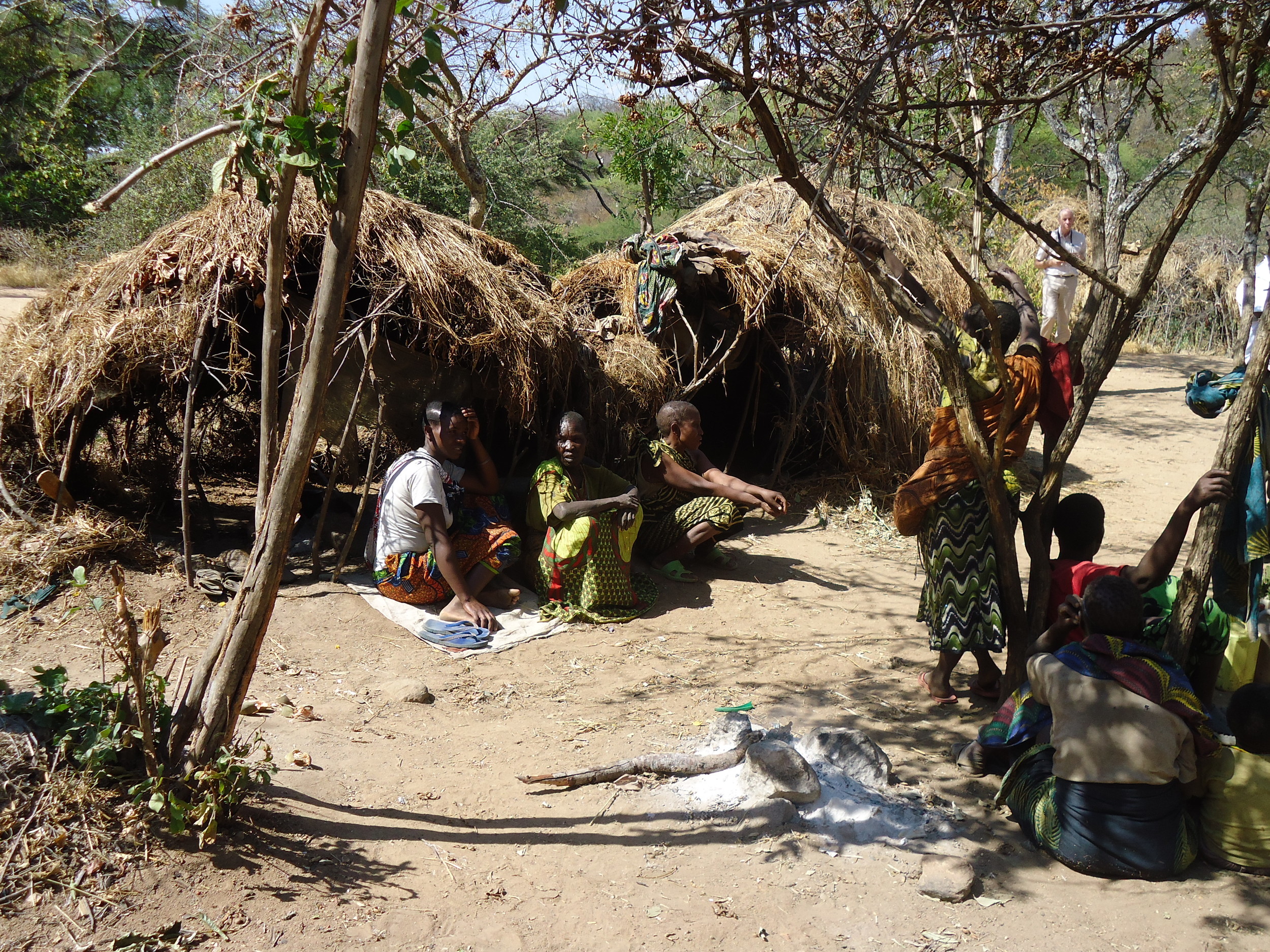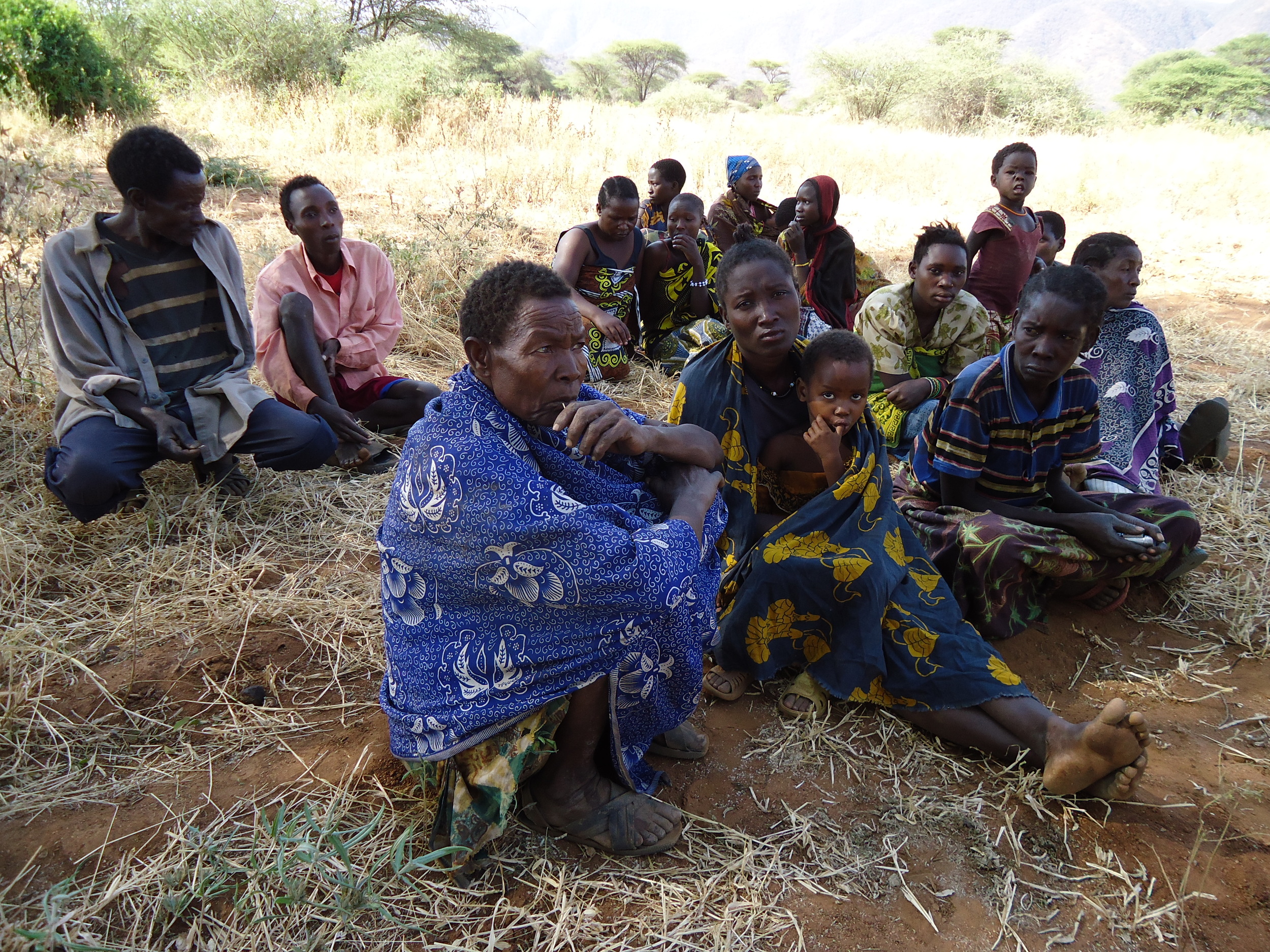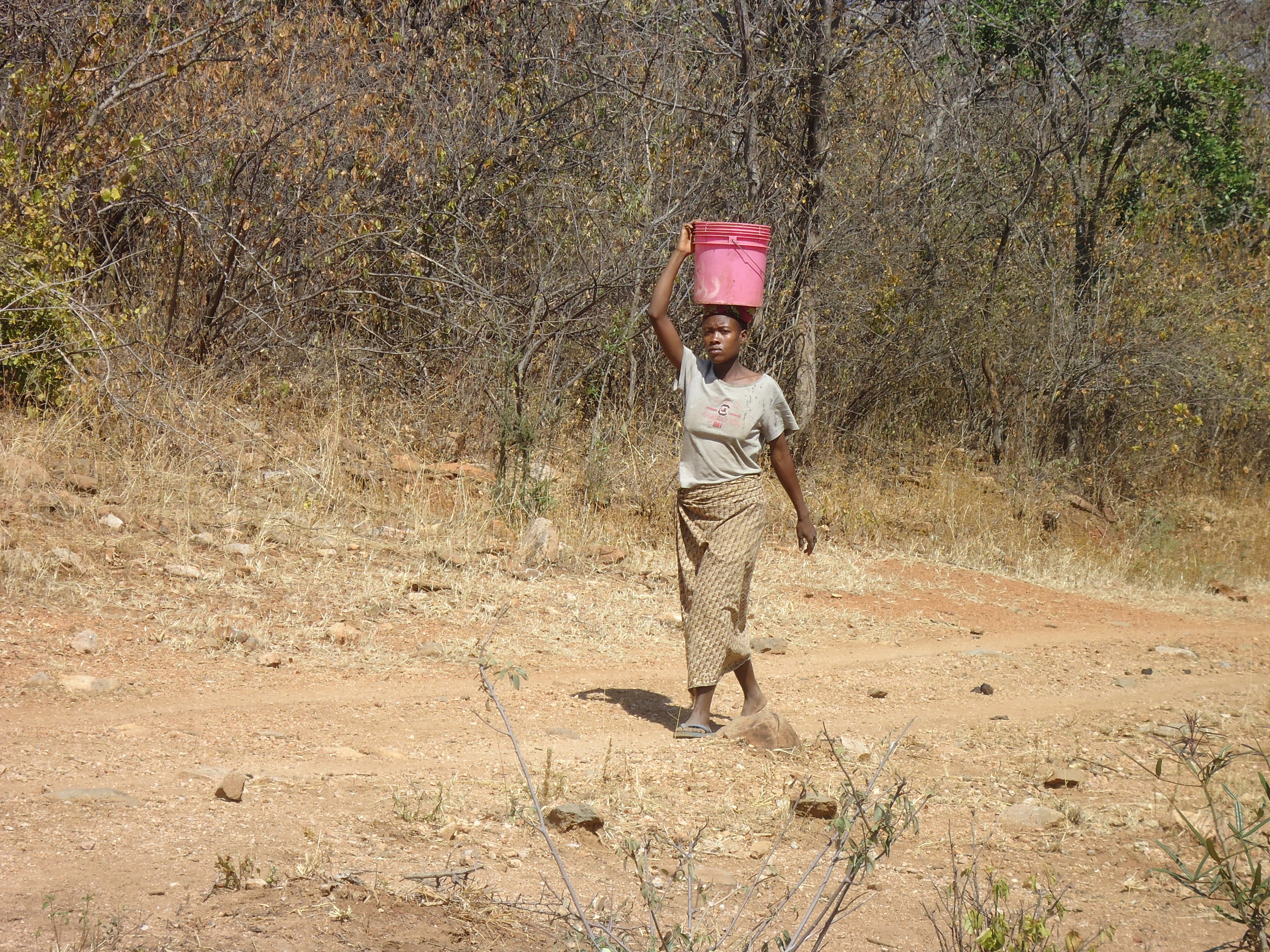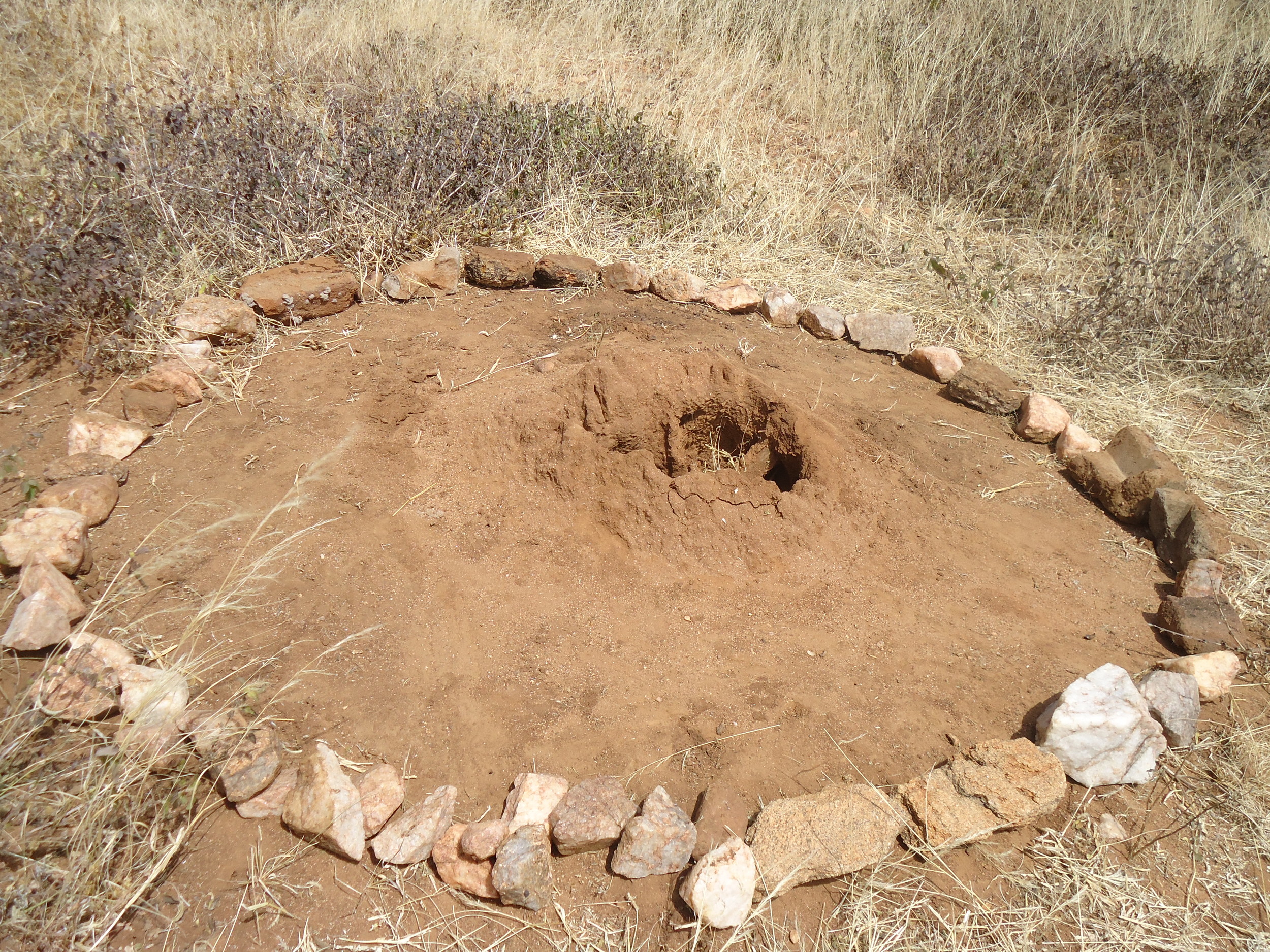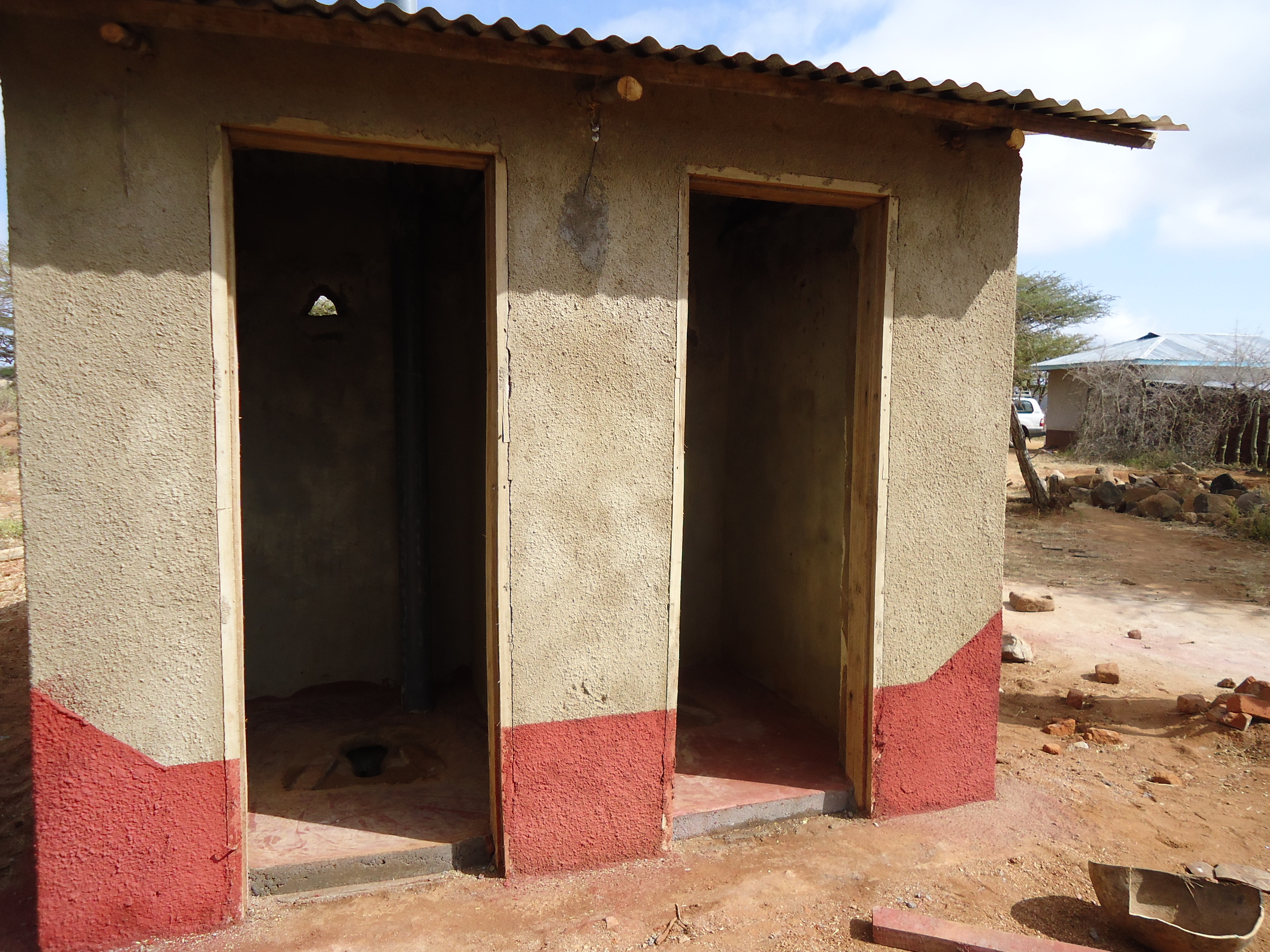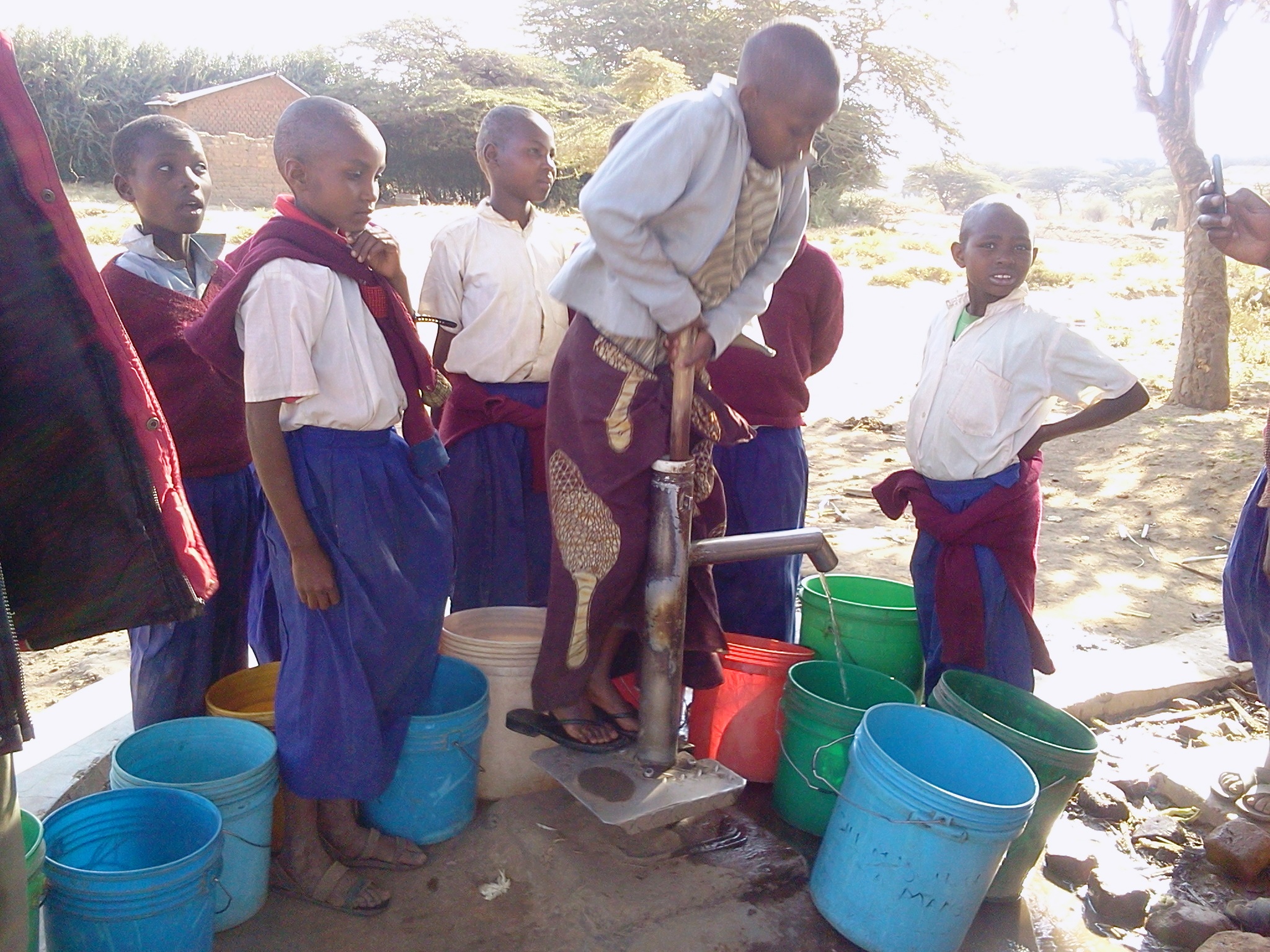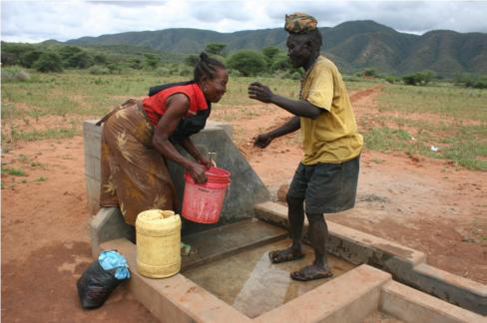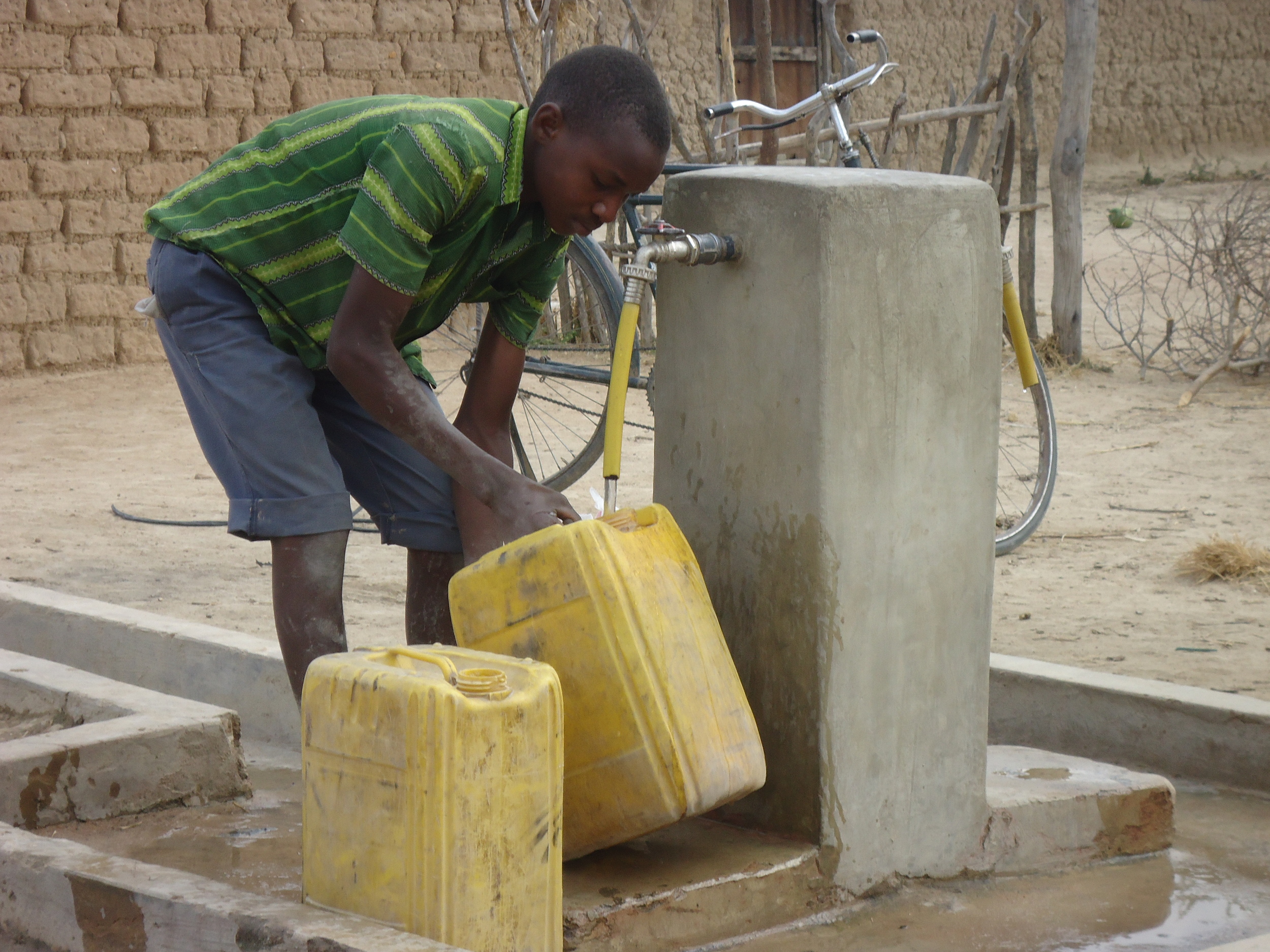Project Overview
Project Waterfall’s first project took place in the Mbulu district of Tanzania with our partners WaterAid. The project targeted the most marginalized and vulnerable communities in the region, which included the Hadzabe tribe (hunters and honey gatherers), and the Barbaig tribe (pastoralists).
For many of the people living in these communities, this was the first time they were able to experience clean water.
Project Stats
Start date: April 2011
Status: Completed March 2014
Community: Mbulu District, Tanzania
People reached: 10,280
Delivery Partner: WaterAid
about Tanzania
11,800,000 population
32% of rural lack access to water
36% of rural lack access to sanitation
44.9% live below the poverty line
Over four years, this project changed the lives of 10,280 people by bringing clean water to five different villages.
WOMEN & CHILDREN
Women and children now save up to 50% of their time, which has resulted in women from the community being able to earn a living and children are able to attend school instead of collecting water.
Conflict resolution
Conflicts between the Hadzabe and Barbaig tribes have reduced thanks to a conflict resolution facilitated by WaterAid and the Mbulu District Council. Community involvement in the planning and developing of the project has helped to strengthen relationships between the villages.
WATER FOR THE FIRST TIME
The community was so remote that they had been overlooked for development projects in the past. Many of the people who benefited from this project experienced and celebrated access to reliable and safe water for the first time.
HOW WE DID THIS
Over a period of 4 years, delivery partners WaterAid Tanzania worked hard with the local community to construct the necessary infrastructure to increase access to water across 5 villages in the Yaeda Chini ward.
In the Masqaroda, Endalachi and Yaeda Chini villages a 6.8km gravity scheme was constructed with 3 water points. 2 new tube wells with fitted hand pumps were built, and 1 borehole and 1 shallow well were also rehabilitated.
The Yaeda Chini Primary & Secondary Schools have received access to safe water, benefiting the pupils and resulting in increased attendance levels.
The Yaeda Chini clinic has received access to safe water.
A fence has been built 200m around the Endalachi water source to prevent contamination from people and animals. This fence protects the spring and ensures people living downstream have access to safe water.
Cattle troughs have been built in the Ednalachi and Mongo wa Mono villages to ensure that animals do not drink from the same water sources as the villagers.
In the Mongo wa Mono village a 135m³ storage tank has been built with a 12km pipe system which connects the storage tank to two water points in the village.
A further 4 boreholes were drilled and fitted with handpumps in the Masquarado, Mewadani and Endalachi villages.
Sustainability and education
A Water User Association (WUA) and five Community Owned Water Supply Organisations (COWSOs) were formed to manage community water supplies. The COWSOs manage the financials of community contributions and all members have been registered and trained under one governing constitution.
Communities have access to meetings that give awareness training on hygienic practices, focusing on hand washing and keeping their water sources clean. 8 pump artisans have received training on how to detect leakage in the water pumps, and how to maintain water infrastructures.
Most importantly, communities have been made aware of their right to clean water and the benefits this brings.
the future
After this project’s completion in March of 2014, we have gone onto fund a variety of other incredible clean water initiatives in Africa and Central America. We continue to have a partnership with WaterAid, and look forward to future collaborations.
